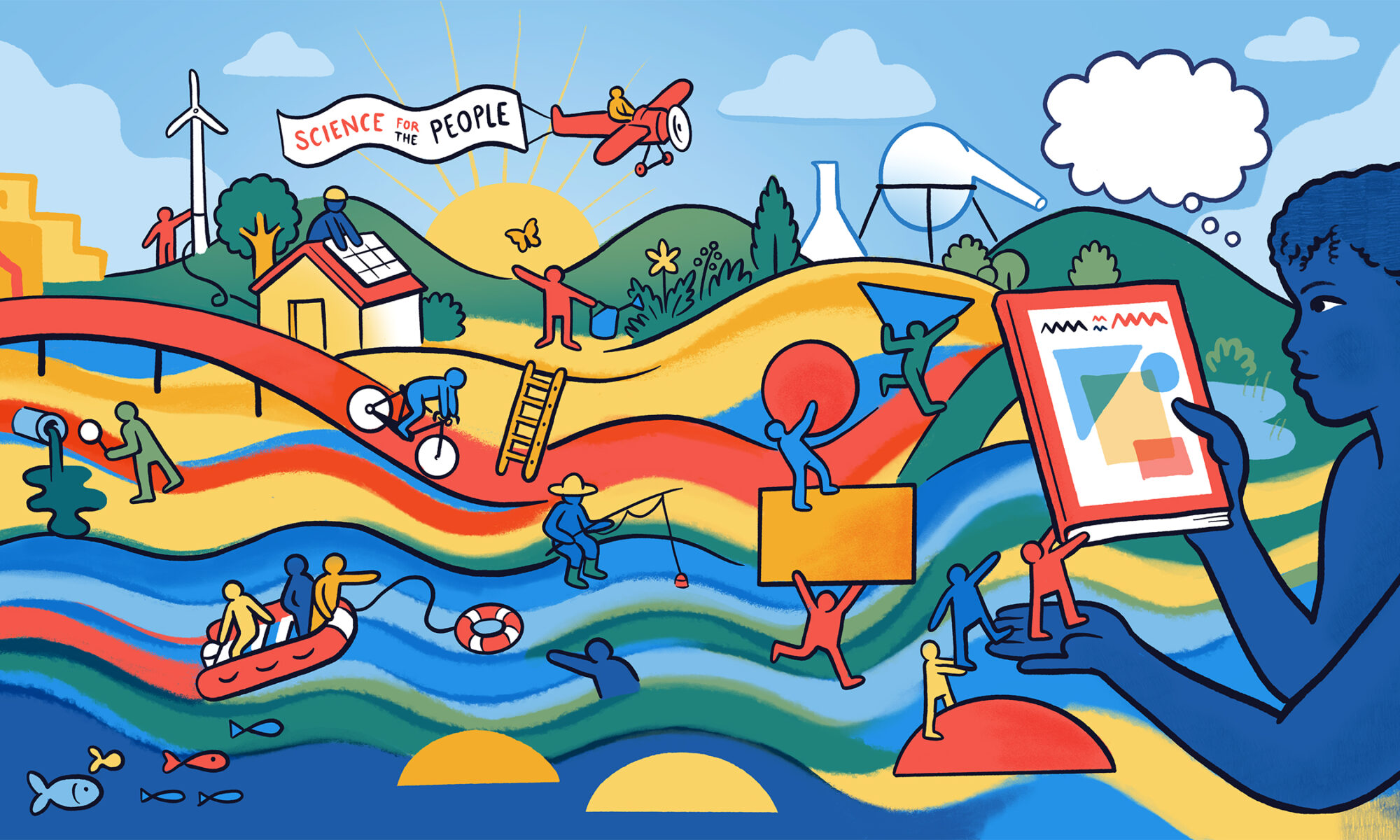“Wonder and the Life of Palestinian Astronomy,” an article from Volume 23, Issue 1: Science Under Occupation from the print magazine of our organization, was featured in the lab assignment materials of an astronomy course at Columbia University. It was selected in an effort to highlight the privilege that students and academics in the United States enjoy in conducting science without fear of airstrikes, occupation, and wide scale state violence. The inclusion of this article, and Undark magazine’s, “In Gaza, Scanning for the Sky, not Drones” as assignment materials was an avenue for students to learn about the stories of Palestinians as agents and practitioners of science, in contrast to their widespread portrayal only as subjects of occupation and genocide.
In response, Columbia University released a statement condemning the “unacceptable” inclusion of the articles that “inserted political views within the syllabus,” a stated “violation of University policy,” warranting an apology to the students in the class and initiating an official review process.
Science for the People–NYC unequivocally condemns this statement and action. First, in its failure to uphold its championed tenet of academic freedom, second, in its lack of self-reflection and analysis and third, in its gatekeeping of credibility and means of knowledge production. The university attempts to portray itself as a bastion of neutral analysis and learning that is above class and politics. However, it drowns both analysis and dissent in an ever-changing sea of policies and procedures. Columbia University’s recent suppression of students, teachers and workers makes this draconian condemnation particularly hypocritical. The failure to examine its active role in the genocide of Palestinians and the expansion of imperialist interest in spite of multiple calls to do so demonstrates that setting mores of acceptable conduct and deciding which views are political is a one way street.
We stand in solidarity with the teaching assistant, who made a brave, just, and extremely important decision to highlight the struggle of the Palestinian people’s search for knowledge and scientific discovery amidst genocide. Moreover, the active censoring of their expertise in choosing a curriculum for the class undermines their academic freedom, and deprives students from accessing a perspective they do not commonly encounter. The themes of our magazines and the voices we amplify are intended to subvert the status quo, and the rigor of our editorial process ensures that our work cannot be dismissed on grounds of credibility or standards. Our work belongs in the classroom, if instructors choose to include it there.
We commit ourselves to the tenet that science, like all other fields in society, is never apolitical. We refuse to accept the normalization of ethnic cleansing and apartheid in western academic institutions. We stand by our belief that knowledge production and education should be for the people, the workers, and the oppressed.
Science for the People will always uphold all those who recognize the inherent political nature of science. Columbia University’s unrelenting efforts to stifle resistance reminds us that science for the people can only be achieved through collective struggle.

